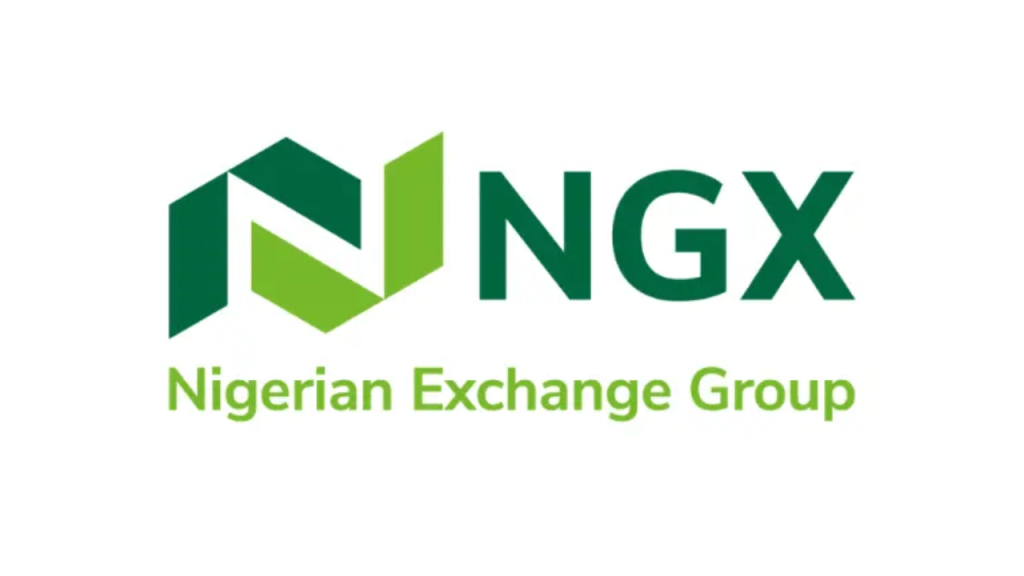Nigeria is gaining prominence as a prime destination for upstream oil and gas investments globally, according to Engr Gbenga Komolafe, Chief Executive of the Nigerian Upstream Petroleum Regulatory Commission (NUPRC). Speaking at the Africa Oil Week in Accra, Komolafe highlighted the impact of recent reforms driven by the Petroleum Industry Act (PIA) 2021 and reinforced by new executive directives. These reforms have begun to reshape the industry, attracting significant investor commitments.
In 2025, the NUPRC approved 28 new Field Development Plans, which will unlock 1.4 billion barrels of oil and 5.4 trillion cubic feet of gas. These projects represent $18.2 billion in capital expenditure and are expected to increase daily production by 591,000 barrels of oil and 2.1 billion standard cubic feet of gas. Notable projects include the $5 billion Bonga North deep offshore development and the $500 million Ubeta Gas Project. The government has also cleared five major acquisition deals worth over $5 billion, creating opportunities for indigenous companies to expand their participation in the upstream sector.
The PIA has ushered in a new era of governance and fiscal reforms, with 24 new regulations rolled out since 2021, and 19 already gazetted. These reforms have increased transparency, streamlined licensing rounds, and lowered entry barriers. Rig activity has surged from eight rigs in 2021 to 43 as of September 2025, indicating improved investor confidence. Recent licensing rounds have seen 27 out of 31 blocks awarded, following optimized signature bonuses and simplified participation terms.
Nigeria is pursuing a balanced approach to energy transition, leveraging hydrocarbons to drive industrialization and reduce poverty, while incorporating renewable energy. The country’s resource base, if managed responsibly, could anchor both national development and Africa’s wider energy future. Industry analysts have noted that Nigeria’s presentation stands out for its blend of regulatory clarity, legal certainty, and political will, factors that have long been seen as obstacles for the sector. By combining structural reforms with aggressive investment promotion, Nigeria may be repositioning itself as the continent’s leading upstream hub.



